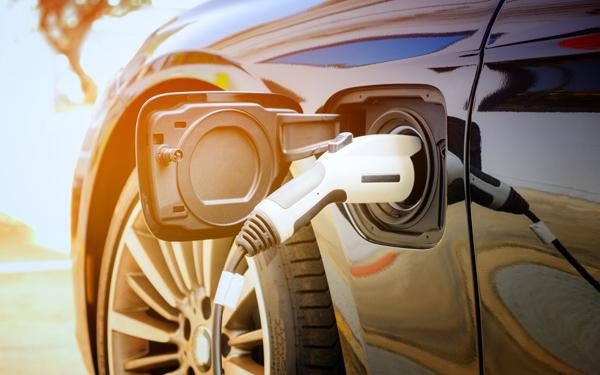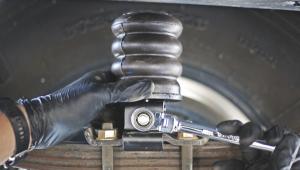Concern over UK government plan to ban petrol and diesel cars by 2030

The UK’s National Caravan Council (NCC) has voiced its concern over the recent announcement that the UK government aims to ban the sale of new petrol and diesel vehicles in just 10 years’ time. The announcement by UK Prime Minister Boris Johnson is part of he is calling a ‘green industrial revolution’ for the country and will also see sales of new vehicles hybrid powertrains banned by 2035.
While the move to more environmentally friendly vehicles is largely welcomed by the camping and caravanning industry, the NCC is concerned this new deadline does not leave enough time for the huge technical challenges that must be overcome by the industry – namely creating affordable electric tow cars that can pull caravans, and electric engines suitable for motorhomes weighing more than 3,500kg.
NCC director general, John Lally, said: “The development of electric motorhomes and tow cars may on the surface seem a niche market. However, it is a very valuable market in terms of the UK’s tourism offering and one that we would like to see Government supporting by confirming that funding will be made available for manufacturers to develop a series of lighter vehicle chassis on which to build motorhomes and campervans.
“Manufacturers of electric cars need to be encouraged to ascertain and state the vehicle’s towing capacity. Grants will be needed to install the infrastructure necessary, for example on holiday parks in rural areas, to enable multiple fast-charging points for holidaymakers.
“We therefore need to know how government plans to fulfil its ambitions in a realisable way, while safeguarding industry and jobs in manufacturing, supply and tourism.”
There are currently in the region of one million British consumers who caravan annually, which makes up a huge part of the UK tourism industry, this year in particular. The NCC believes that if this leisure pursuit becomes unpractical or unaffordable in a short space of time, this could lead to:
- Older vehicles are not replaced, leaving less environmentally friendly vehicles on the road longer.
- Caravanners exit the market, instead choosing to fly long haul or to cruise; both types of holiday create more emissions than a typical touring holiday in the UK.
- A significant reduction in UK domestic tourism receipts – the average caravan holiday generates £557 per visit (£101 per day).
A further final concern of the NCC is that the UK must remain competitive in Europe; UK Regulations must not place British manufacturing at a disadvantage as the end of the transition period approaches.
- Log in or register to post comments
















